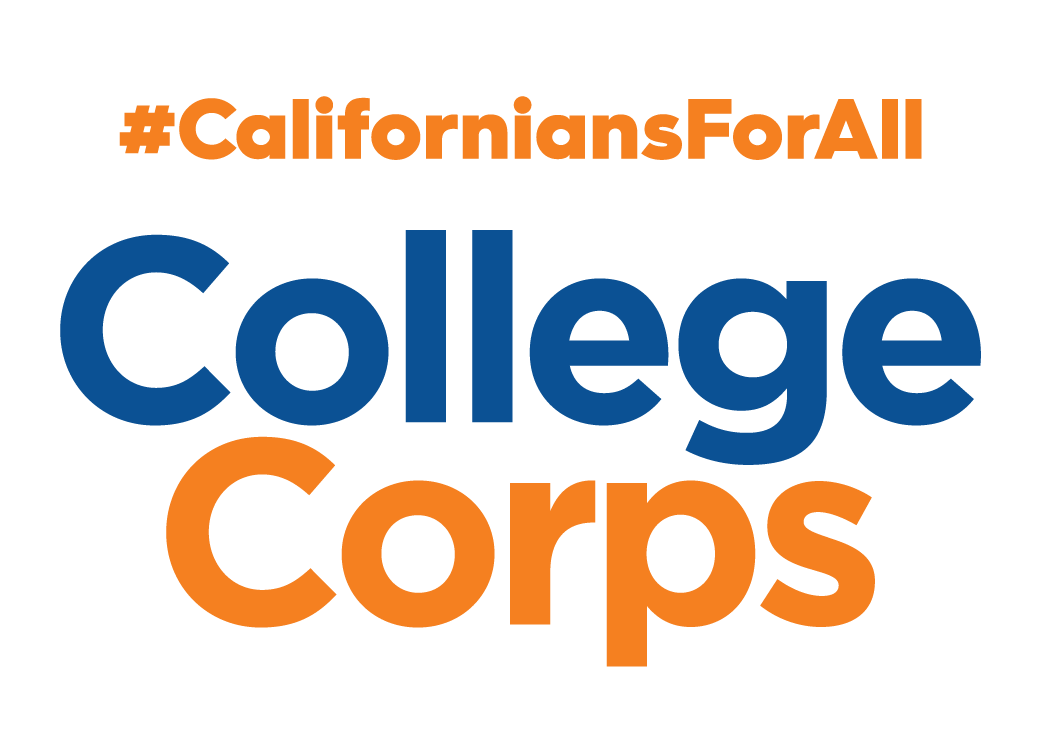Sustainability at Fresno State
About Sustainability at Fresno State
Sustainability is inherently interdisciplinary and requires the collaborative effort of many in order to truly achieve long-term sustainability. There is no single department or division on campus that focuses on sustainability. This can cause a lot of confusion about who does what, but we outline some of the major sustainability stakeholders at our campus below. We strive to engage in meaningful collaborations between students, faculty, staff, and administration in order to reduce the university's environmental impact on the surrounding community while building a more equitable and economically vibrant society. We believe it is the responsibility of the university to not only educate our community on sustainability, but to also provide service and resources in order to meet the emerging sustainability needs of our community. By doing this, we hope to serve as a model for the San Joaquin Valley and broader community to achieve long-term sustainability goals that protect people and the planet.
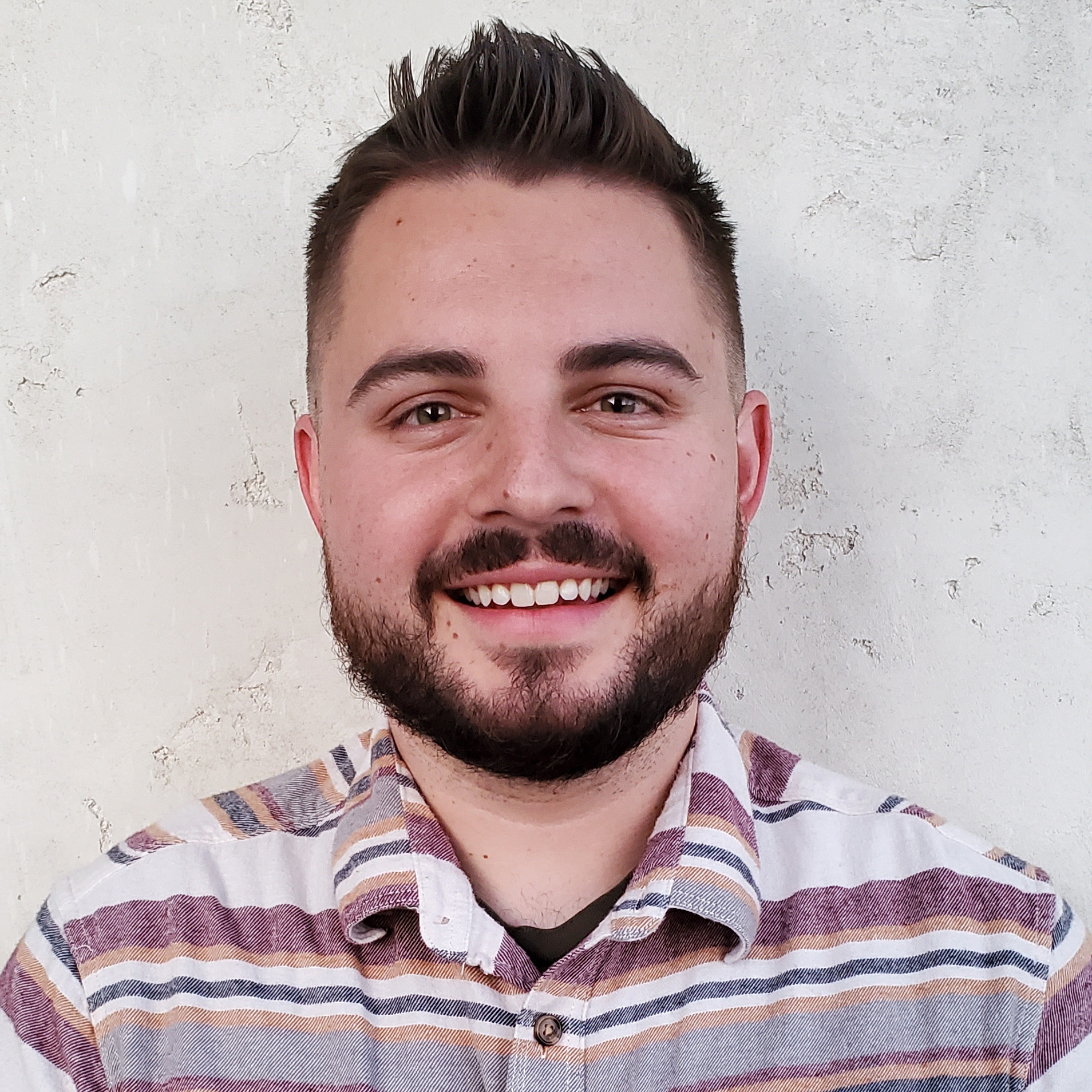
Blake Avant has been working at Fresno State in an analyst role within the Energy Services Department in Facilities Management since early 2021. In that time, Blake has been tasked with leading the installation of SkySpark as the new campus Energy Information System, monitoring and analyzing campus utility usage, securing funding for electrification of the Facilities Management fleet and electric vehicle (EV) charging, managing building retrofit projects to improve building efficiency, and pursuing sustainability initiatives on campus. Additionally, Blake oversees a Student Assistant who supports his work by performing monthly meter reads for over 140 campus gas and electricity meters, inputting data from the meter reads into our campus Energy Information System, SkySpark, and by performing data validation checks on the system to ensure accuracy.
Feng Teter has been working as a Sustainability Analyst in the Office of the Provost since September 2023, leveraging the passion and expertise from within the Division of Academic Affairs to coordinate widespread campus and community engagement with sustainability projects and initiatives. She contributes to AASHE STARS reporting, collecting relevant data from various divisions across campus and identifying ways to enhance the data collection process so that continuous improvements and progress can be achieved. The following are examples of some of the work Feng has done:
- Expand the "Campus as a Living Laboratory" model so that Fresno State students can participate in experiential learning and research opportunities that have local, regional, and global significance;
- Initiating and supporting Fresno State's first time participating in the CSU-wide Faculty Learning Community on Teaching Climate Change & Resilience to meet the CSU's goal of graduating climate literate leaders;
- Liasioning between multiple campus entities who have the same goals or objectives to eliminate the siloed nature of the university;
- Supporting the California Climate Action Corps (CCAC) Fellows hosted at Fresno State in their climate action and education projects;
- Connecting service learning students with opportunities to engage and educate our campus community on sustainability focused issues;
- Overseeing interns through the Strategic Energy Innovations' Energize Colleges program to support and provide energy related education and outreach to the campus, specifically around the Central Utility Plant Replacement project;
- Identifying and securing diverse streams of funding to execute sustainability projects and initiatives.
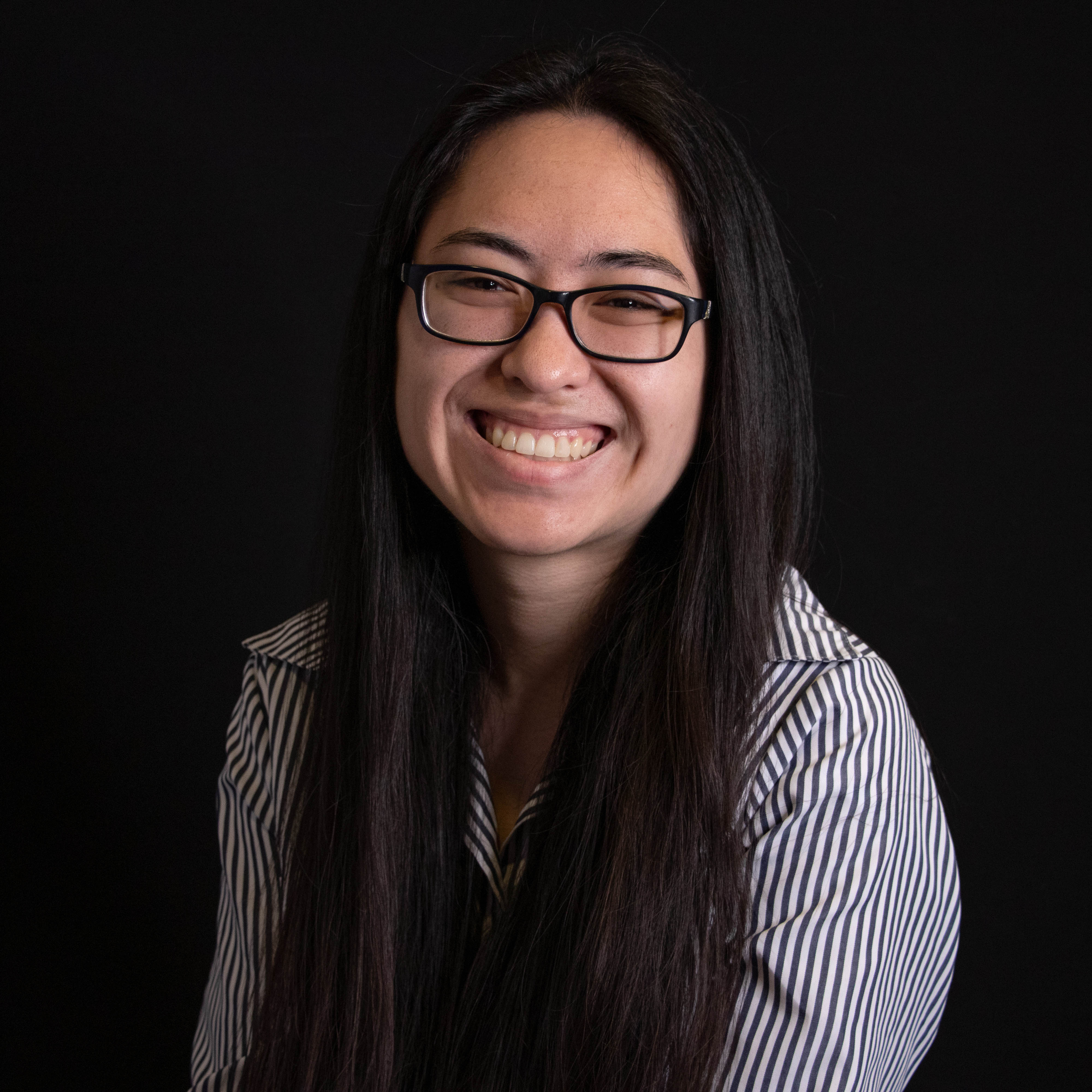
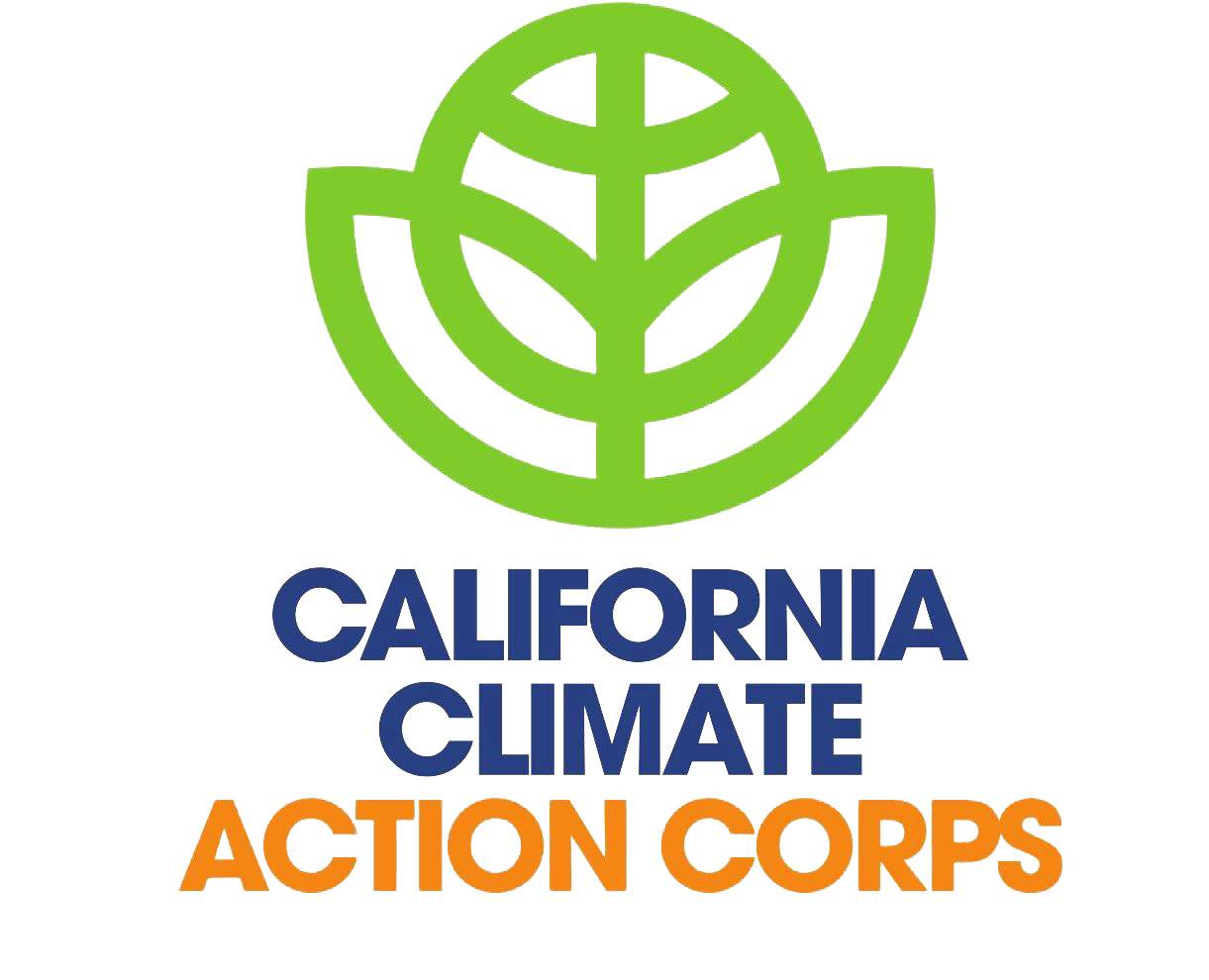
Since 2022, Fresno State has hosted Fellows from the California Climate Action Corps (CCAC) Fellowship program. This program, based out of the California Govenor's Office, hires people to engage in PAID service to do direct climate action for 11-month terms. CCAC Fellows at Fresno State focus on climate action projects relating to native plants, urban greening, food recovery and organic waste diversion, composting, as well as climate education all on campus. Each of these projects plays an active role in mitigating the effects of climate change and reducing the university's greenhouse gas emissions.
Associated Students, Inc. (ASI) is Fresno State's student government, where elected students represent and serve the current study body. ASI strives to provide a means for responsible and effective participation in the governance of the campus and quality of the educational experience. One of ASI's purposes is to ensure students' right to a socially, environmentally, and economically responsible university campus that does not further environmental injustices. In 2019, ASI voted to create a Senator for Sustainability position to spearhead these efforts. In 2021, ASI created the Sustainability Committee, which is chaired by the Sustainability Senator, to provide a more cohesive and collaborative system of leaders on campus.
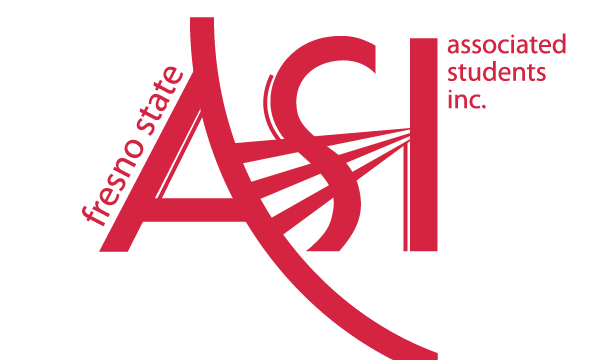
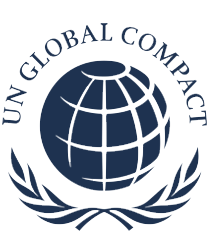
In 2019, Fresno State became a signatory of the United Nations Global Compact (UNGC) which holds the university accountable to the principles and goals outlined in the compact. Upon this committment, Dean Olson-Buchanan from the Craig School of Business launched a campus-wide committee, containing a representatives from each college along with a few staff members from different divisions, to implement initiatives that align with the UN's vision for a sustainable future. The committee is tasked with providing funding for faculty to incorporate UNGC principles and goals into their curricula as well as providing updates on progress Fresno State has made in implementing initiatives around the UNGC.
Since 2022, the Central Valley College Corps (CVCC) program has provided a debt-free pathway for low-income college students through the Jan and Bud Richter Center for Service Learning and Community Engagement. Selected students are expected to perform a total of 450 PAID community service hours throughout the academic year to help communities tackle critical issues focused on K-12 education, climate action and food insecurity. Students receive real world experience and skills to add to their resume, extensive training, networking and professional development opportunities. Because this is a state service program, it will also be available to AB 540 eligible Dreamers, undocumented students who qualify for in-state tuition at California campuses. Upon completion of all service hours, students will receive an education award, academic credit, and a sense of pride and accomplishment in working toward a common purpose alongside young leaders from across the state.
